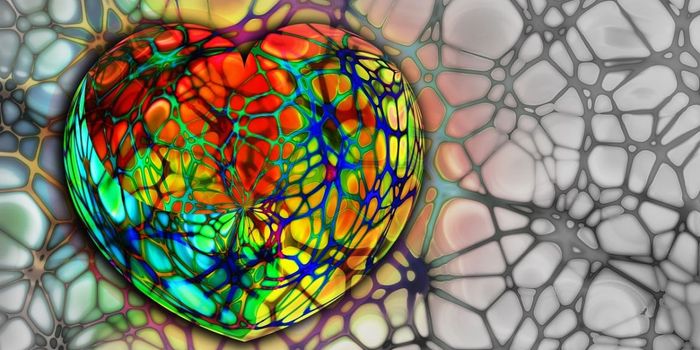Can A Diabetes Drug Treat Alzheimer's Disease?
Alzheimer's disease (AD) is called "The Long Goodbye" because it doesn't kill patients quickly, but over time, sometimes decades. It's a myth that Alzheimer's is not fatal. While many patients die from other causes while they have the disease, AD destroys brain tissue, and the result is a progressive loss of bodily functions and eventually death.
There is currently no cure for Alzheimer's which is why hundreds of research studies are ongoing to uncover more about how it starts, how it progresses and how it might be stopped. Estimates from the WHO and the CDC show that nearly 15 million Americans suffer from the disorder and worldwide that number jumps to more than 44 million. The numbers are going nowhere but up, and it's become a global health concern.
New research into a drug that was developed to treat Type 2 diabetes is being hailed as a possible treatment for AD after a clinical trial showed that it "significantly reversed memory loss" in lab mice. The study, led by Professor Christian Holscher of Lancaster University in the UK, was funded in part by the Alzheimer's Society. Dr. Doug Brown, Director of Research and Development for the society stated, "With no new treatments in nearly 15 years, we need to find new ways of tackling Alzheimer's. It's imperative that we explore whether drugs developed to treat other conditions can benefit people with Alzheimer's and other forms of dementia. This approach to research could make it much quicker to get promising new drugs to the people who need them."
The drug tested is what's called a "triple receptor agonist." In diabetes, the body cannot process glucose correctly. Cells become resistant in insulin and patients must take additional insulin to avoid dangerously high blood glucose levels. Triple receptor agonists allow three factors, glucagon-like peptide-1, glucose-dependent insulinotropic polypeptide, and glucagon, to penetrate cells and be used by the body for fuel instead of building up in the blood. Diabetes and Alzheimer's are related in that some patients with AD have impaired signaling in the brain pathways that carry these three growth factors. Other research studies have shown that drugs for diabetes, particularly liraglutide, have shown memory benefits in patients with dementia.
To conduct the study, the team used lab mice that had been genetically altered to carry a version of the same genes that humans with an inherited form of AD have. The mice were taught how to navigate through a maze that involved remembering specific tasks and directions. The mice who were given the drug showed significant improvement in getting through the maze. Examinations also revealed there was less build-up of amyloid plaques in the brain, reduced inflammation and oxidative stress on brain cells and increased amounts of a growth factor that protects cell function.
Professor Holscher explained, "These very promising outcomes demonstrate the efficacy of these novel multiple receptor drugs that originally were developed to treat type 2 diabetes but have shown consistent neuro- protective effects in several studies." Check out the video below to learn more about this diabetes drug which could be the sweetest thing for an entirely different group of patients.
Sources: Lancaster University, via EurekAlert!, The Big Think, Journal article, Brain Research









